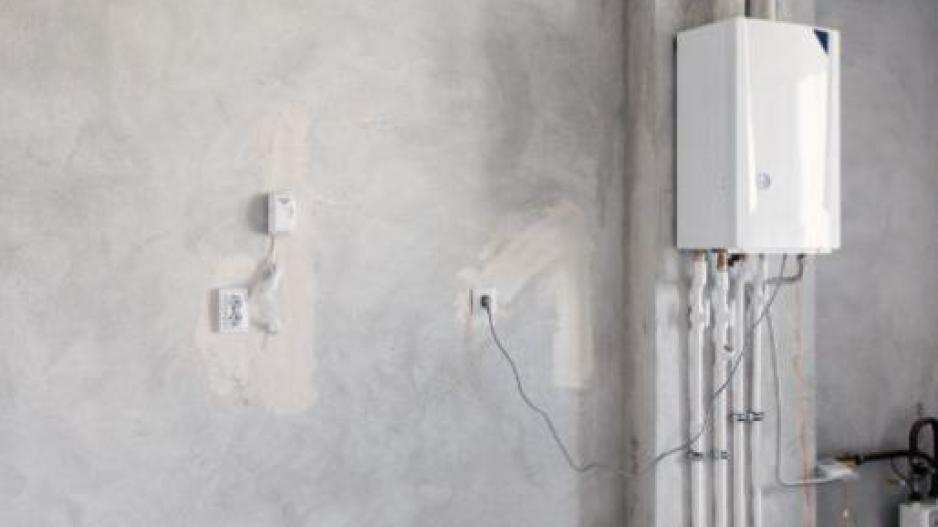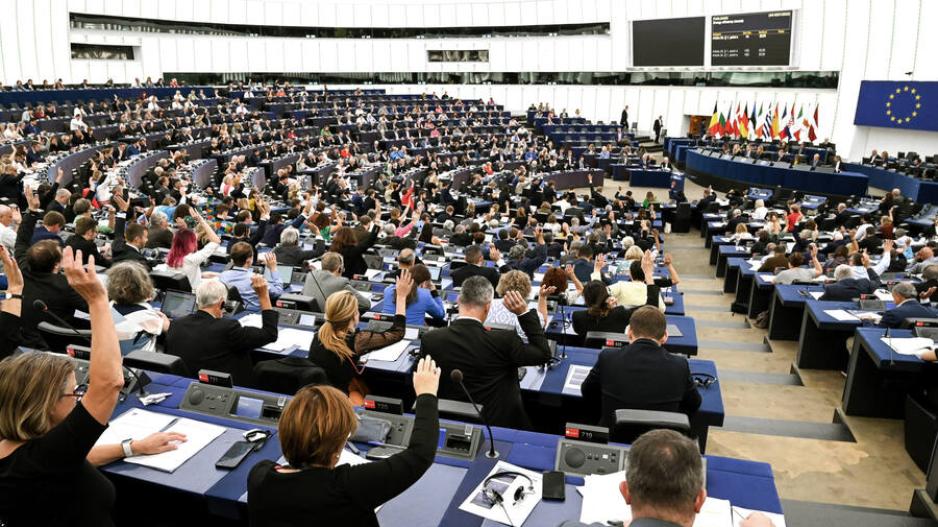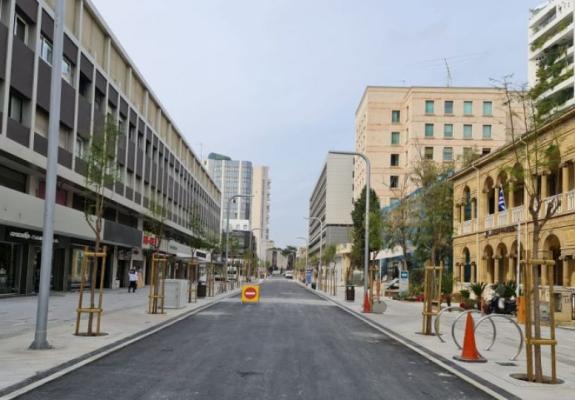2030 Target for Zero Greenhouse Emissions in New Buildings
EU Parliament Approves New Regulations for Reducing Energy Consumption and Greenhouse Gas Emissions in Buildings
With 370 votes in favor, 199 against, and 46 abstentions, the European Parliament has approved new regulations aimed at reducing energy consumption and greenhouse gas emissions from buildings. The goal is for all new buildings to have zero greenhouse gas emissions by 2030. This also includes a mandate to renovate more buildings with low energy performance and provide better information on building energy efficiency.
The 2030 horizon applies to all new buildings, with an exception for new buildings owned or used by public authorities, which have a deadline set for 2028. The regulations stipulate that both public and non-residential buildings, as well as residential properties, must be equipped with photovoltaic systems by 2030.
Furthermore, regarding residential buildings, member states are obligated to implement measures to reduce the average primary energy consumption by at least 16% by 2030 and by at least 20-22% by 2035.
As for non-residential buildings, EU countries must establish minimum energy efficiency requirements and ensure that by 2030, 16% and by 2033, 26% of the least energy-efficient non-residential buildings are renovated.
The revised directive on the energy performance of buildings aims to significantly reduce greenhouse gas emissions and energy consumption in the EU’s building sector by 2030 and to achieve climate neutrality in the sector by 2050.

Moreover, member states must adopt measures for the elimination of heating systems that emit carbon. Fossil fuel boilers will be completely phased out by 2040, and subsidies for standalone fossil fuel boilers will be prohibited from 2025. However, financial incentives can still be provided for hybrid heating systems with a significant renewable energy component, such as those combining boilers with solar thermal installations or heat pumps.
It is noted that new rules may exempt agricultural buildings and cultural heritage sites. On a case-by-case basis, EU countries can also decide to exempt buildings protected for their special architectural or historical value, buildings used temporarily, and churches and places of worship.






